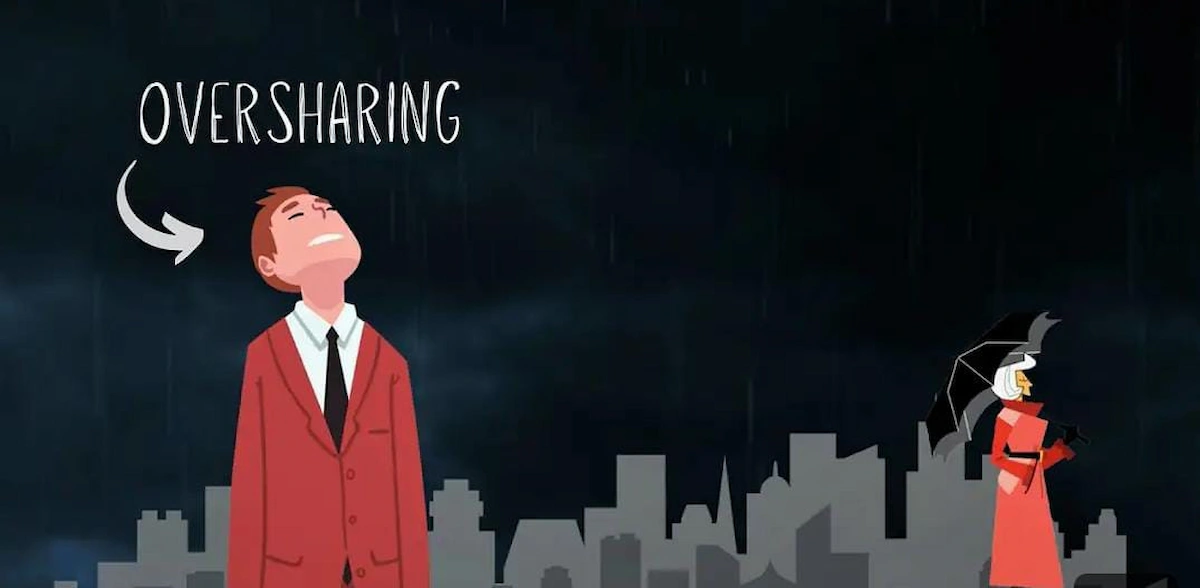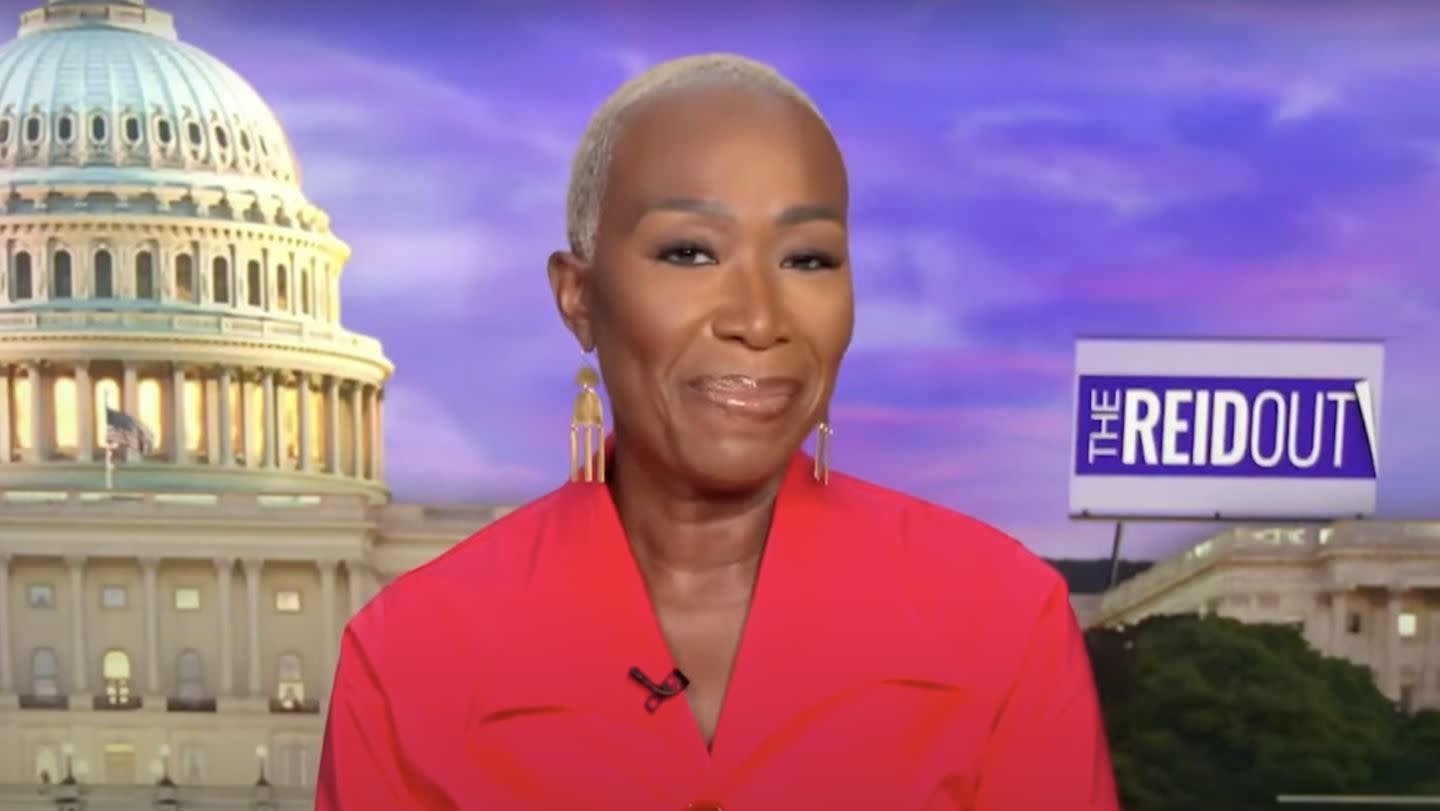In a world of oversharing, learn why you should stop telling people everything. It can protect you from hidden agendas and vulnerabilities.
Stop Telling People
You should stop telling people everything-especially your plans. When you share too much, you make yourself vulnerable. The person you’re talking to might seem like a friend, but they could be hiding their true intentions.
The Power of Discretion
Discretion means deciding what to share and what to keep to yourself. In a world that often values openness, keeping some things private can feel strange.
Oversharing
In today’s world, it’s simple to share everything with everyone. Many people can’t help but talk about their lives, but this isn’t always wise. You shouldn’t reveal everything, not even your plans. Sharing too much can leave you exposed. The person you’re chatting with may seem friendly, but they might have hidden motives.
Why Do We Oversharing?
- Social media compulsion: Today, people are under compulsion to put everything on social media. Everyone gets into the practice of reporting one’s every instance as well as important events.
- Attention Seekers: The people sharing their experiences just for likes and praise because they want attention. This results in oversharing culture.
- Fear of Judgment: Most of the people feel people will judge them. They overshare so that they are perceived to be open and nice.
Effects of Oversharing
Over-sharing could have several consequences, inlcuding:
Loss of Privacy: What you published online is there forever. It might hinder future prospects.
- Overextended Relationships: You might overextend relationships by being too free with information.
This can make others uncomfortable. Indeed, this often results in strained friendships. - Emotional Stress: In all likelihood you would feel exposed and anxious about having shared too much.
Healthy Boundary Setting
Setting healthy boundaries helps in your well-being and relationship building. Here are tips on boundary setting:
1. Know Your Comfort Zone
Knowing the areas that make you uncomfortable is where you start. Every person knows his or her personal comfort and discomfort zone. The key lies in knowing yours and setting your boundaries accordingly.
Reflect on what you are uncomfortable with. Reflect on times when you felt far too exposed or vulnerable. This will help you in deciding what you would rather not share with others.
2. Be Direct
Be straightforward. You do not have to elaborate. A few words like “I’d rather not talk about that” may work.
3. Learn to Say No
It is okay to decline sharing specific pieces of information or entering into conversations that discomfort you. Remember, your comfort matters.
4. Get Picky About Your Platforms
Think about where you’re sharing your information. Not all social media sites are right for all types of content. Be careful about who can see what you post.
5. Don’t Overpost Online
Before publishing, ask yourself: “Would I be comfortable if everybody read this?” This one question can guide your choice on whether your content is suitable.
6. Respect Boundaries
When you set boundaries, anticipate that other people will respect them. Such an understanding can make your relations stronger.
FAQs
Q. What are some reasons why I should keep some secrets?
It keeps some aspects of your life private, and you grow to feel secure and not judged.
Also prevents too much information
Q. How will I know if I am oversharing?
If there’s usually pressure accompanied by anxiety when you are supposed to have shared something or if people seem like they don’t like it, perhaps it’s too much.
Q. What if someone pressures me to share more?
It helps not to give them a reason to blackmail the person or try to make them feel guilty for something.
You can say something like, “I value your interest, but I don’t want to talk about that right now.” Be polite, but firm.
Q. How do I get my friends to respect my boundaries?
Communicate your feelings about privacy clearly. Let them understand why it matters to you, and they will likely respect your wishes.
Q. Can this help me improve my relationships?
Yes! Health-boundaries enhance the building of trust and respect between you and the people around you. They help make space for open, honest, and mutual discussions.
Conclusion
In a world that encourages sharing almost every detail, one needs to remember that there’s some value in keeping some things to oneself. Controlling what you share will thus protect you and ensure stronger relationships are built. And just like it’s perfectly fine to keep some things to yourself, sometimes the best connections arise from leaving a little mystery. Practicing discretion can lead you to live a happier, more balanced life.



